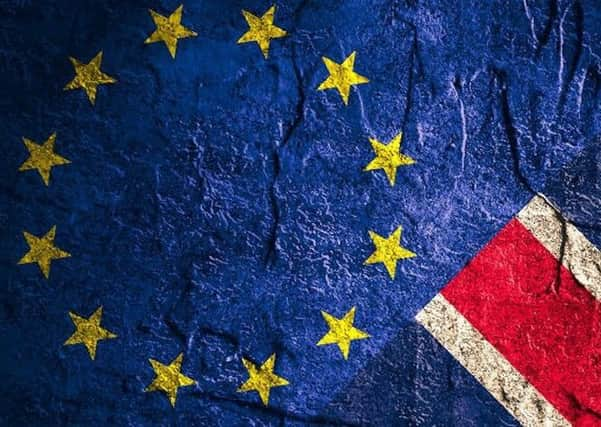Brexit will breed division and insecurity


This sounds like doomsday hyperbole, but Britain voting to leave the EU will send out a negative message to the community of nations we would be choosing to disengage from and to the rest of the world. That message, reportedly shouted repeatedly by the assailant who fatally assaulted Labour MP Jo Cox this week, would be ‘Britain First’, a commitment to selfishness, to considering only national interests at the expense of compassionate internationalism that looks beyond the interests of our own people and territory to consider the global implications. I am not in any way suggesting that the Brexit position should be formally associated with a horrendous and unforgivable attack on a valued MP, an incident that constitutes an unconscionable violation of democracy and the rule of law, but I do feel that the selfish patriotism that cares only about British needs and interests is a morally repellent position and that a decision to leave the EU would be an insular, narrow-minded and retrogressive choice with a potentially catastrophic results. If this Little Englander rubbish espoused by Nigel Farage and his chums wins out we will be allowing fear and divisiveness to reign, fear that is rooted in a horrid lack of concern for foreigners, fear of reaching out to help migrants if its means diminishing our own gain in any way, fear of committing to the kind of globalised sensibility that sees nationalisms and national interests as secondary to maintaining a strong pan-European community and an internationalist perspective that prioritises good relationships between countries as the route to a better world.
The welfare of nations depends on their interconnectedness and the outrages of war time and again occur precisely because we choose to serve only ourselves and our own national interests without having adequate investment inneighbouring nations or inhumanity as a whole.
Advertisement
Hide AdAdvertisement
Hide AdThe EU has made Europe an important player on the world stage and breaking away from this says clearly that we will serve only our own interests, paving the way for other member states to follow suit and potentially entrenching division where we have unity.
The economic implications of Brexit, the uncertainties it will bring, the reinforcement of border controls, the potentially destabilising impact it could have - perhaps reigniting the fight for Scottish independence and breeding insecurity here in Northern Ireland, all of this should convince us that the best role Britain can play is to remain in the EU and lead reform of the bloc from within. Choosing to remain in the EU is not the same as saying we do not recognise the iniquities of its financial commitments to neoliberal ideas and austerity measures that have plunged countries such as Greece into ever greater poverty or that we cannot see the need for very real change in the decision-making process of this bloated bureaucracy.
A vote to remain is not a vote that is blind to the vital reforms that need to be made to make the EU a fairer, more democratic and more effective seat of pan-European power, a power that is built on negotiation, co-operation, cohesion, shared values and, above all, an iron commitment to building connections between territories because we recognise that division is the root of all evil.